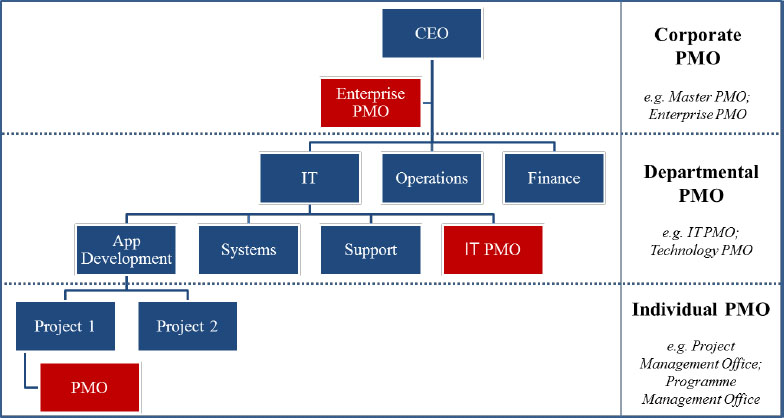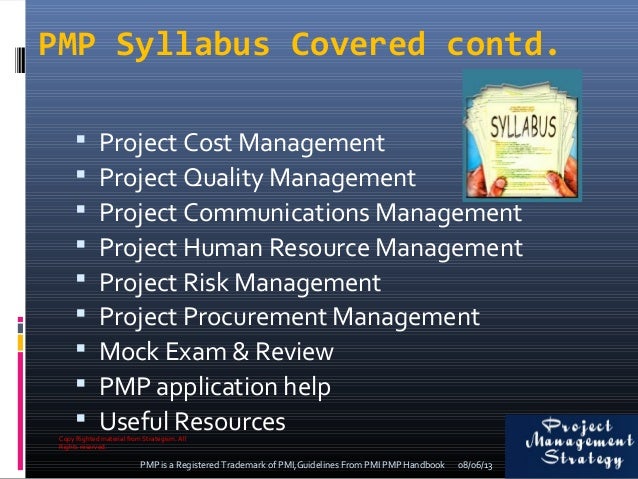



There are also far fewer unknowns when buying a PMP placement. Unlike the case of an open exchange (also called RTB or open auction), PMP deals come with a set floor price at a premium cost, which is usually worth it for the high-quality inventory and increased clarity on placement.
#PMP MEANING IN BUSINESS MANUAL#
Lastly, a PMP also takes more time and requires more manual interaction than an open exchange. Because of that, advertisers may not be ready to pay for prime spots if they’re testing campaigns or just starting to ramp up their strategy.Īnother aspect to consider, is that advertisers might not need to get the first placement for a premium price, and instead wait to bid in an RTB auction where they can get a lower price. In some cases, open exchange offers a better solution with a higher yield, while a PMP is on the pricier side and does not guarantee a captive audience. Because of these benefits, PMPs are growing in popularity in recent years. Using PMP, brands can control and protect their reputations with more meaningful ad placements, which means advertisers and publishers coordinate ads and avoid poor placement. There is potential for PMP to replace expensive in-house direct-sales teams that typically spend human resources manually buying spots.īecause of this, there is potential that the PMPs of the future will not be limited to the premium inventory and ads, and at some point, may scale to include mid-range publishers and include advertisers who aren’t looking for prime placement.Ī PMP offers improved brand management, a considerable upside for top-tier publishers and advertisers. This programmatic advertising is more efficient for advertisers when setting buys on top-tier websites. PMPs also offer increased control to advertisers and publishers in making sure campaigns are placed without the potential for insensitivity or awkward pairings. This kind of bid arrangement reduces the opportunity for fraud with set values and increased transparency. Two of the major concerns for RTB are the potential for fraud and the lack of control over placement.Ī PMP, on the other hand, is a workable solution that came as a result. Only advertisers invited with a Deal ID can gain access and participate in the PMP auction. Large sites with premium quality (like The New York Times or Wall Street Journal) typically offer PMPs, which provide clarity on where ad spaces exist and what inventory is on the docket. There are no ad exchanges or supply-side platforms (SSPs) making the placements.

The private marketplace removes the intermediaries from the programmatic advertising, which reduces the open-ended nature of the open auction - by limiting the crowd. How does a PMP work?Įven though PMPs are a subset of RTB, they are somewhere in-between programmatic and open auctions. This is one way to increase the size of the PMP while still keeping it exclusive and off the open exchange. Using multiple Deal IDs, one impression can be entered into multiple PMPs and the results evaluated against each other. However, Deal IDs can contain a lot more information than a tag, and won’t slow the functionality of the page load or ad. Not every preferred deal will use Deal IDs, as some will use tags. That said, they provide information on prior agreements that may have been arranged with preferred deals or programmatic guarantees. Setting negotiations for the Deal ID can be time-consuming and require extra steps. The buyer and seller share the number to help identify who is allowed in the auction or able to bid on a specific ad inventory. Publisher ad servers generate a unique number called a Deal ID for each bid request. Yet, PMP has shifted into the primary spot as a more popular solution for ad spending in recent years. The RTB process gleans instant information about the user, and PMP includes information on the audience and their location, which allows advertisers to target specific audience segments with their ads.įor years, the open exchange has been the most common form of programmatic advertising. These semi-exclusive spots allow more control and better quality for the advertiser, and allow them to selectively choose the inventory they want to bid on. It works well when publishers want to get top dollar for premium space, and advertisers want to place ads on premium space. PMP deals can be mutually beneficial for both parties. PMP falls under the umbrella of real-time bidding (RTB), where publishers invite a limited group of advertisers to bid on top spots. What is a private marketplace (PMP)?Ī private marketplace (PMP) offers selectable ad spots. Private marketplaces offer more control in ad placement and typically offer prime placement. A private marketplace (PMP) is an auction with a limited audience of advertisers selected by the publisher.


 0 kommentar(er)
0 kommentar(er)
